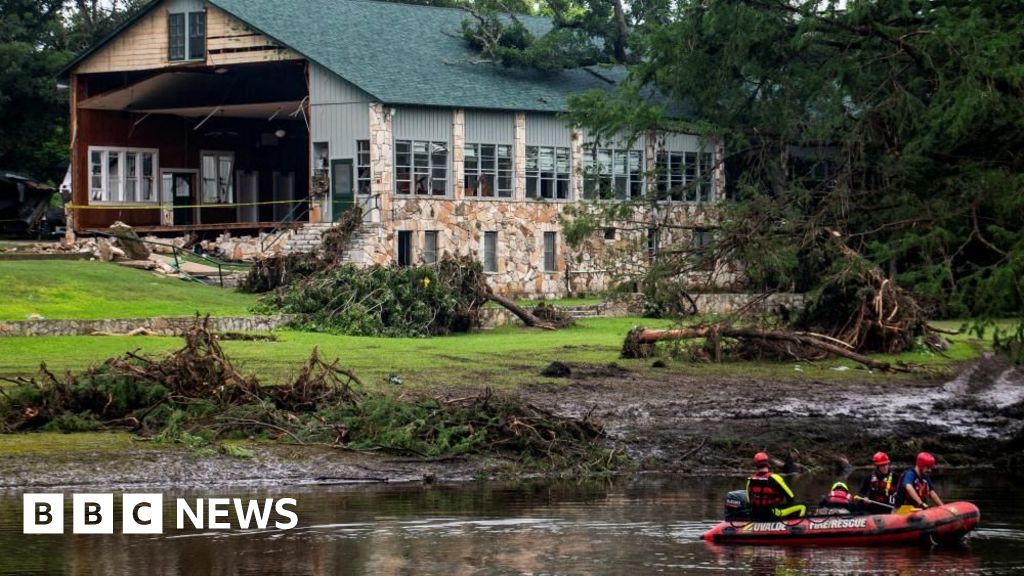In a significant diplomatic decision, the U.S. State Department revoked the travel visas of former Panamanian president Martín Torrijos and Ricardo Lombana, a lawyer and presidential candidate, following their outspoken criticism of recent agreements between Panama and the Trump administration. This action has ignited allegations of political suppression and retaliation against dissenting voices in Panama.
Torrijos, who represented the nation from 2004 to 2009, confirmed the revocation during a press conference, labeling it a "warning" to all Panamanians about the consequences of critiquing government actions related to U.S. relations. "This is not just about me," he asserted. "This serves as a lesson for others against criticizing the government's partnership with the United States."
These visa cancellations emerge amidst escalating tensions between the two nations. President Trump has been vocal about his intentions regarding the Panama Canal, originally constructed by the U.S. but handed back to Panama by President Jimmy Carter. Critics argue that current President José Raúl Mulino has made concessions to Trump, notably agreeing to accept illegal migrants deported from the U.S. and seeking to increase the number of U.S. troops stationed at formerly American-controlled bases in Panama.
Torrijos warned that these actions reflect a broader pattern - an effort to silence opposition regarding U.S.-Panama relations. Meanwhile, Mulino's administration has faced scrutiny and accusations for purportedly waiving transit fees for U.S. naval vessels, a claim the president has denied.
The unfolding situation raises questions about the implications of U.S. foreign policy on domestic politics in Panama, as well as broader issues of sovereignty and dissent within the framework of international agreements.

















